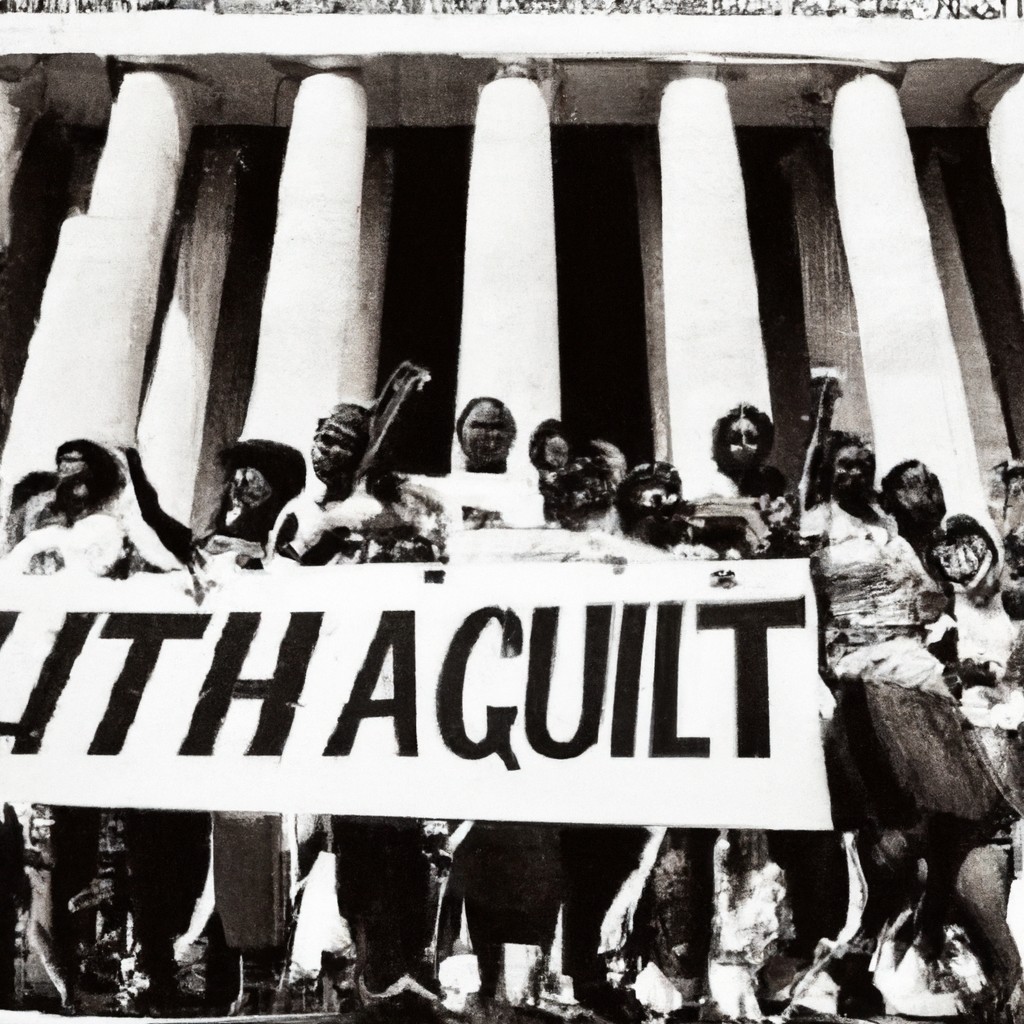Examples of historical populist movements

Historical populist movements include the People's Party in the United States, which challenged industrial elites. In Russia, the Narodniks sought to empower peasants and overthrow the monarchy. The Zapatista movement in Mexico fought for indigenous rights and land reform. Italy's Fascist party led by Mussolini capitalized on nationalist sentiment and anti-communist fervor. Germany's Nazi Party under Hitler rose to power by exploiting economic turmoil and anti-Semitic rhetoric. These movements often tapped into people's frustrations to gain support for their agendas. While some achieved short-term success, others led to authoritarian rule and widespread suffering among marginalized groups.
Read more
Historical background of Gini Coefficient

The Gini coefficient, developed by Italian statistician Corrado Gini in 1912, measures income inequality distribution. It ranges from 0 (total equality) to 1 (total inequality). Gini's formula became widely used after World War II to assess economic disparities. By highlighting disparities, governments could implement policies to address social inequality. Its simplicity and effectiveness enabled global comparisons, enhancing academic research and policymaking. Widely referenced in historical and sociopolitical literature, the Gini coefficient remains a vital tool for understanding economic and social dynamics. Its enduring relevance reflects ongoing global efforts to promote equity and justice for all individuals.
Read more
Historical Examples of Social Movements

Social movements have often shaped the course of history by advocating for transformative change. One notable example is the Civil Rights Movement in the United States during the 1950s and 1960s. Led by figures like Martin Luther King Jr., this movement sought to end racial segregation and discrimination. Through nonviolent protests and civil disobedience, activists pushed for equal rights for all citizens. Their efforts culminated in landmark legislation such as the Civil Rights Act of 1964, which outlawed segregation in public places. The courage and determination of those involved in the Civil Rights Movement continue to inspire generations of activists worldwide.
Read more
Key historical examples of political shifts

Throughout history, various political shifts have shaped societies. The French Revolution exemplifies a dramatic upheaval. During this period, the transition from monarchy to republic profoundly impacted French governance. Similarly, the fall of the Berlin Wall symbolizes the collapse of the Soviet Union’s grip over Eastern Europe. This event marked a shift towards democracy and freedom in the region. The Civil Rights Movement in the United States serves as another crucial example. Through peaceful protests and activism, marginalized communities fought for equality and justice. These historical moments demonstrate the power of political shifts in reshaping the course of nations.
Read more
Historical origins of capitalism

Capitalism emerged in Western Europe during the late Middle Ages due to increased trade and urbanization. Craftsmen and merchants formed guilds for protection and advancement. The rise of modern banking and finance systems facilitated economic growth. Feudalism declined, allowing for private ownership of land and resources. Innovations in agriculture spurred population growth and urban development. The Industrial Revolution accelerated capitalist practices, leading to mass production and global trade. Capitalism's roots lie in competition and individual initiative, driving economic progress and shaping societies worldwide. Its historical origins reveal a complex interplay of social, political, and economic forces that continue to influence our modern world.
Read more
Historical context and evolution of minimum wage

The concept of minimum wage emerged in the early 20th century as a response to labor exploitation. Initially, there was fierce opposition from business owners who feared increased costs. However, progressive movements led to the enactment of minimum wage laws to protect workers' rights. Over the years, the minimum wage has evolved in response to economic conditions and social demands. Despite ongoing debates about its effectiveness, the minimum wage remains a crucial tool in addressing income inequality and improving living standards for low-wage workers. Understanding the historical context of minimum wage helps us appreciate its significance in today's labor market.
Read more
Historical background of minimum wage laws

Minimum wage laws have evolved over time. The concept dates back to ancient Babylonian times. Its implementation aims to ensure fair compensation for workers. In the United States, the first federal minimum wage was established in 1938 under the Fair Labor Standards Act. This marked a crucial turning point in labor history. The legislation helped improve the living standards of many workers. The minimum wage continues to be a hotly debated topic today. These laws are essential in protecting workers' rights and preventing exploitation. Understanding the historical context of minimum wage laws is vital for shaping future labor policies.
Read more
historical overview of government policies

Government policies have greatly shaped societies throughout history. Rulers implemented various measures to control and manage their territories. Economic policies influenced trade and development, impacting people's livelihoods. Social policies addressed healthcare, education, and welfare needs in communities. Legal systems were put in place to regulate behavior and maintain order in society. Environmental policies aimed to protect natural resources and mitigate climate change. These policies reflect the values and priorities of each era, leaving a lasting impact on how countries are governed today. Studying these historical policies provides insight into the evolution of government practices and their outcomes on society.
Read more
Historical examples

Throughout history, there have been countless examples of individuals and events shaped by unique circumstances, driving monumental change. Take, for instance, the Industrial Revolution, a transformative era characterized by rapid technological advancements. This period redefined economies, social structures, and daily life, leaving a lasting impact still felt today. Another compelling example is the Civil Rights Movement in the United States, where individuals courageously fought against systemic racism and segregation. Their unwavering determination and collective action drove significant legislative changes, paving the way for equality and justice. These historical examples serve as powerful reminders of the resilience and impact of human determination.
Read more
Historical events

Historical events have shaped the world we live in. They hold the power to inspire and educate us, revealing the triumphs and tragedies that have defined our collective human experience. These events span centuries, from ancient civilizations to modern times, each leaving their mark on our society. They include wars, revolutions, technological advancements, and cultural breakthroughs. By studying these events, we gain a deeper understanding of the past, allowing us to chart a course for the future. Through historical events, we glimpse the struggles and achievements of those who came before us, and we are reminded of our shared humanity.
Read more












